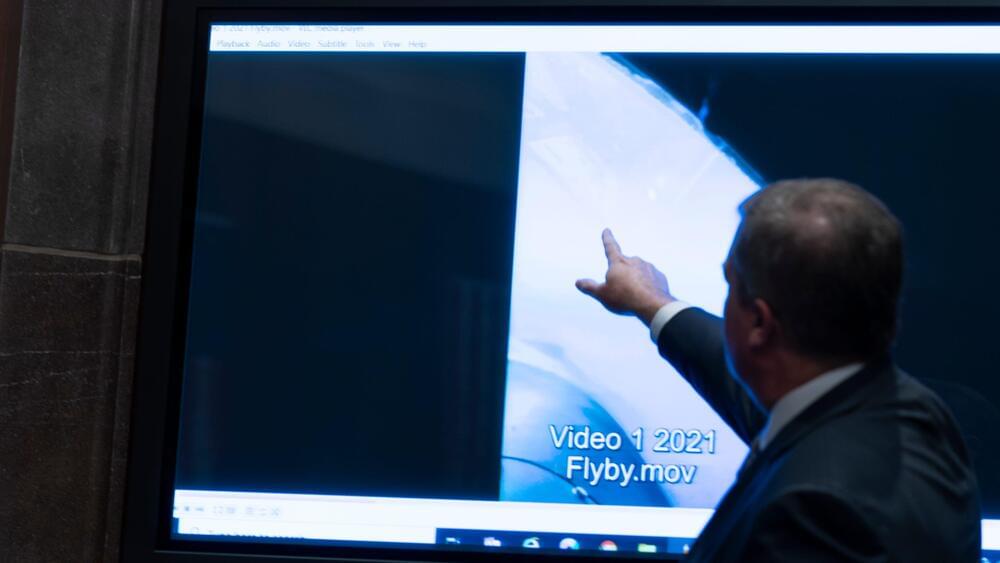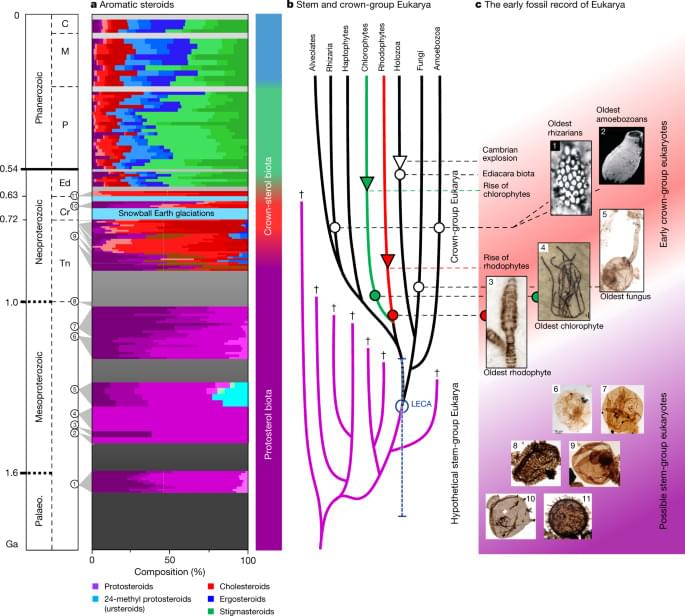Las Vegas police officers investigated reports of two unknown entities falling from the sky on the same night in late April that a family reported something ‘not human’ in their backyard.
One officer drove to a home on the night of April 30 and interviewed the family who called 911 after making the sighting, according to body camera footage obtained by USA TODAY. One of the family members told the officer they saw “a big creature” that was “long, 10 feet tall.”
The officer told the family he was looking into the claims because another officer saw something in the sky that matched the family’s description eight minutes earlier.






